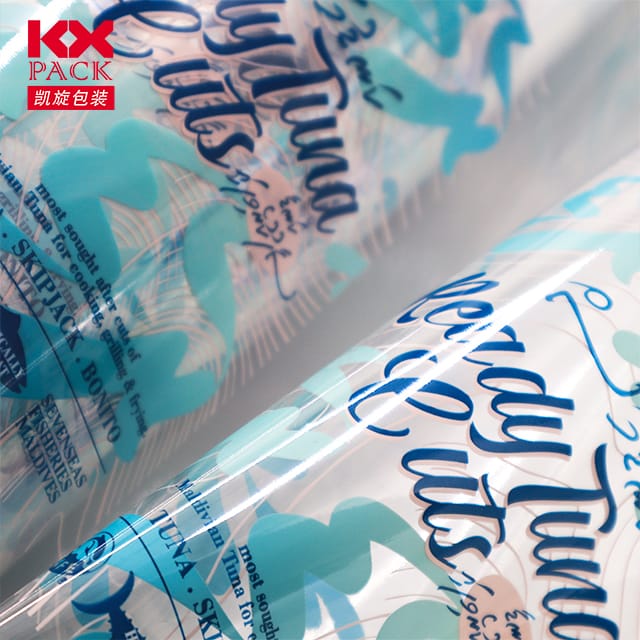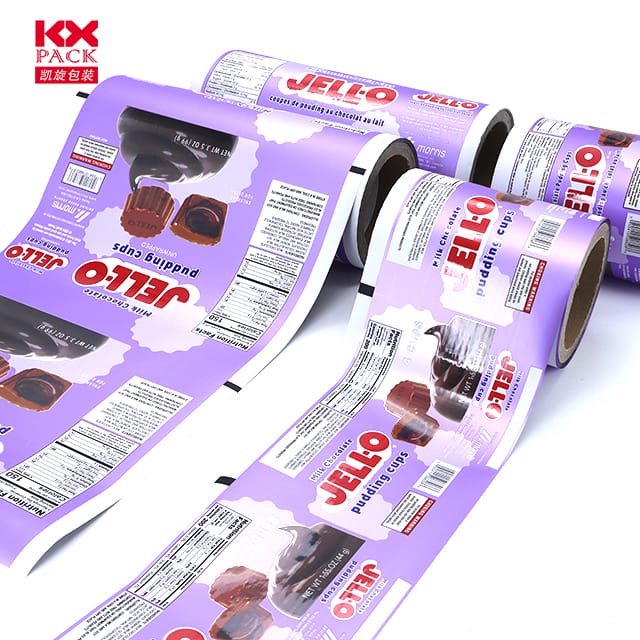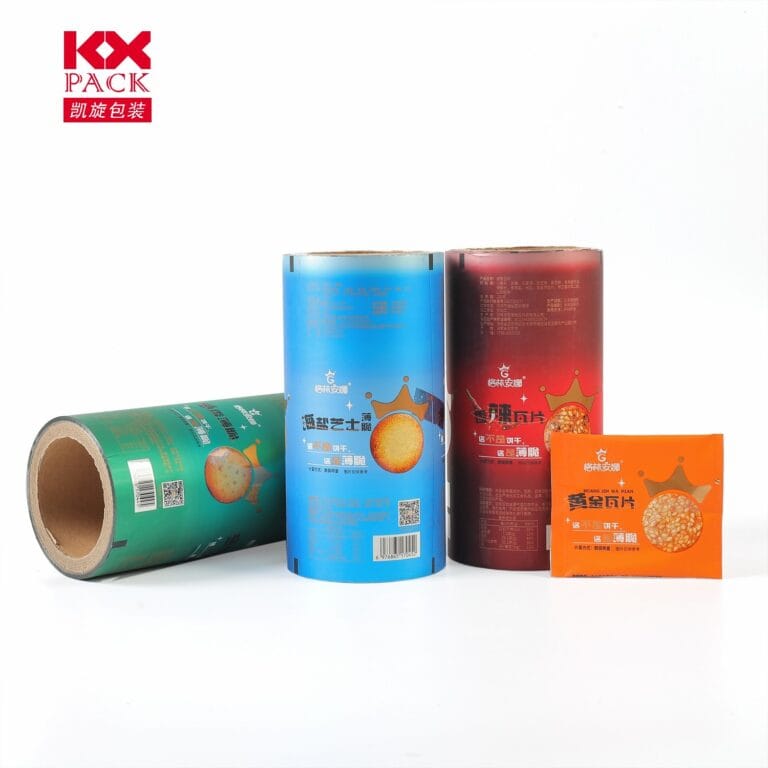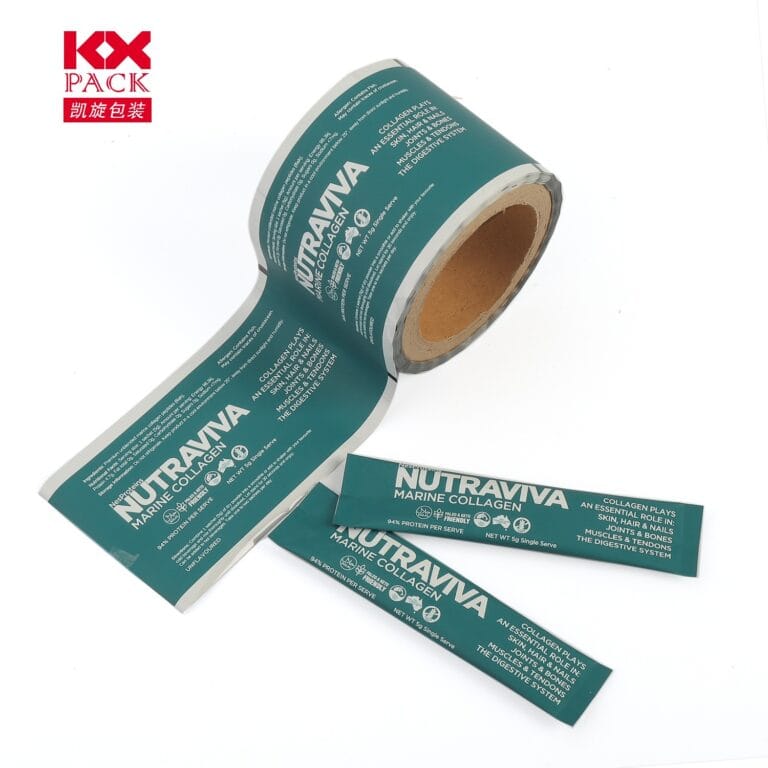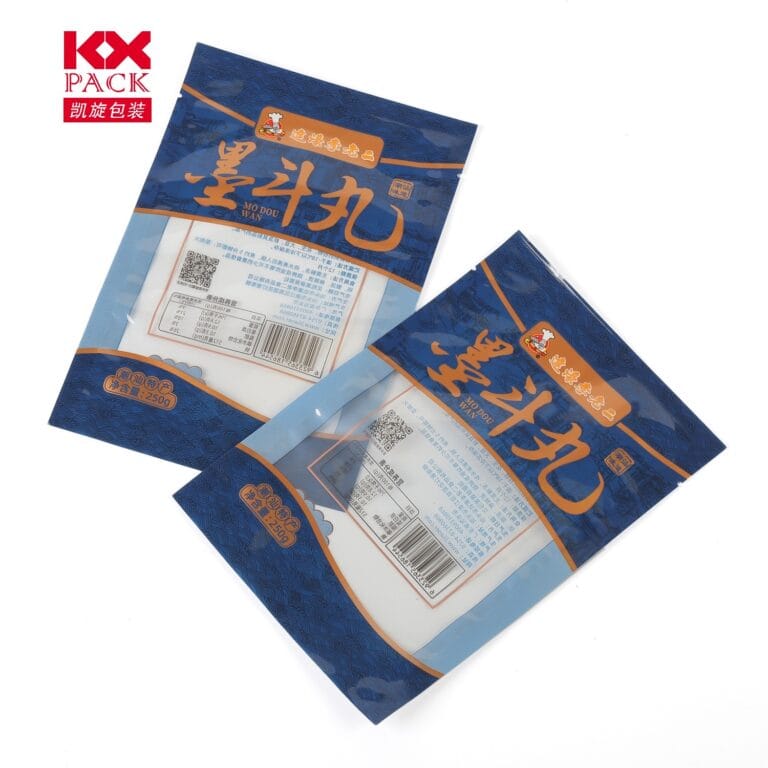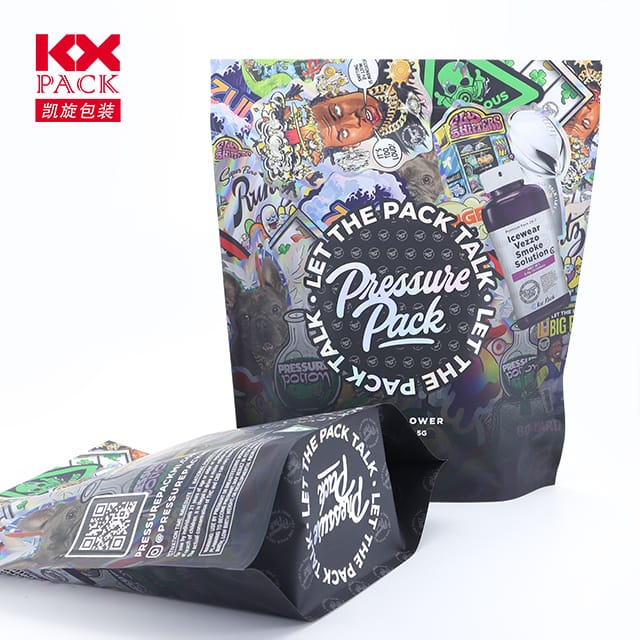Le monde polyvalent des rouleaux de films plastiques: Usages, Avantages, et considérations de durabilité
Rouleaux de films plastiques
Dans le monde au rythme rapide d'aujourd'hui, Les rouleaux de films plastiques sont devenus une partie indispensable d'innombrables industries et d'applications de vie quotidiennes. De l'emballage des aliments à la protection des biens industriels, Ces feuilles flexibles de plastique offrent une commodité inégalée, durabilité, et la rentabilité. Plongeons-nous dans le monde des rouleaux de films plastiques, Explorer leurs diverses utilisations, avantages, and the environmental challenges they present.
Que sont les rouleaux de film plastique?
Les rouleaux de film plastique sont des feuilles continues de matière plastique enroulées sur un noyau, généralement en carton ou en plastique. Commonly produced from polymers like polyethylene (PE), polypropylène (polypropylène), ou chlorure de polyvinyle (PVC), these films come in various thicknesses, largeurs, and finishes to suit specific needs. Their flexibility, transparence, and moisture resistance make them a go-to solution for wrapping, scellage, and protecting items.
Applications clés des rouleaux de film plastique
- Emballages alimentaires
Plastic films are a staple in the food industry, used for everything from sealing fresh produce to wrapping snacks and frozen goods. Their ability to preserve freshness, prolonger la durée de conservation, and prevent contamination makes them ideal for maintaining food safety and quality. - Agricultural Use
In farming, plastic film rolls are employed for greenhouse covering, mulching, and silage wrapping. These applications enhance crop growth by regulating temperature, conserving moisture, and reducing weed growth. - Industriel et Construction
Plastic films protect surfaces during painting, construction, or renovation projects. They also serve as vapor barriers in buildings and as stretch wraps for securing pallets in logistics. - Vente au détail et commerce électronique
With the rise of online shopping, plastic film rolls are widely used for packaging products, ensuring they arrive undamaged. Clear films are particularly popular for displaying items while keeping them secure. - Household and DIY
From covering furniture during moves to wrapping leftovers, plastic films simplify daily tasks. Their lightweight and resealable properties make them a household essential.
Avantages des rouleaux de film plastique
- Rentable: Plastic films are affordable to produce and purchase, offering high value for money.
- Durable and Lightweight: Despite their thin profile, they resist tears, crevaisons, and environmental factors like moisture and UV rays.
- Personnalisable: Manufacturers can tailor films to specific requirements, such as adding antistatic properties for electronics or UV blockers for outdoor use.
- Hygiénique: Ideal for food and medical applications, plastic films provide a sterile barrier against contaminants.
Environmental Concerns and Sustainability
Si les rouleaux de film plastique offrent des avantages indéniables, leur impact environnemental est une préoccupation croissante. Plastiques à usage unique, including many film varieties, contribute to pollution, en particulier dans les océans et les décharges. Here’s how the industry is addressing these issues:
- Recycling Initiatives
Many regions now accept plastic films for recycling, though challenges like contamination and sorting remain. Innovations in recycling technology aim to improve efficiency. - Films biodégradables et compostables
Emerging alternatives include bioplastics made from renewable resources (Par exemple, amidon de maïs) or films designed to decompose in industrial composting facilities. - Reduced Plastic Use
Brands are exploring reusable packaging, paper-based alternatives, or minimalistic designs to cut down on plastic waste. - Consumer Awareness
Educating the public on proper disposal and supporting eco-friendly brands can drive demand for sustainable options.
L'avenir des rouleaux de film plastique
The demand for plastic film rolls isn’t likely to disappear soon, given their practicality. Cependant, the future hinges on balancing functionality with sustainability. Des innovations comme:
- Diluant, des films plus forts (reducing material use).
- Chemical recycling (breaking down plastics into raw materials).
- Circular economy models (reusing and repurposing films).
will shape a more responsible industry.
Conclusion
Les rouleaux de film plastique témoignent de l'ingéniosité humaine, offering solutions that touch nearly every aspect of modern life. While their environmental footprint demands urgent attention, proactive steps toward recycling, innovation, and consumer responsibility can pave the way for a greener future. As consumers and businesses, we hold the power to demand—and support—sustainable alternatives, ensuring that convenience doesn’t come at the planet’s expense.
What are your thoughts on plastic film rolls? Have you switched to eco-friendly alternatives? Share your experiences in the comments below! 🌍♻️

